126th ACD Considers Topical Concerns
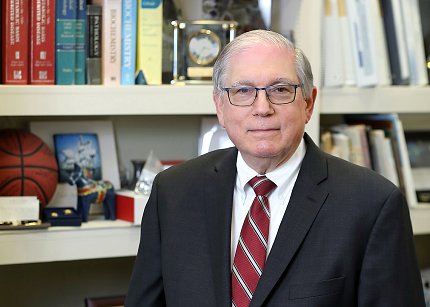
It was the first meeting in three years that did not feature a pandemic update, but Covid and its residual effects were very much top of mind at the 126th meeting of the advisory committee to the NIH director (ACD). The two-day gathering, held virtually June 8-9, deliberated over several issues—a national mental health crisis, health disparities and the public health threat of long Covid, for instance—that the global outbreak brought to light or made worse, even as it largely subsided.
Convening the session on day one, Acting NIH Director Dr. Lawrence Tabak gave the customary overview of NIH’s last six months, with updates on the budget and legislative outlook presented by Neil Shapiro, associate director for budget, and Lauren Higgins, acting associate director of legislative policy and analysis.
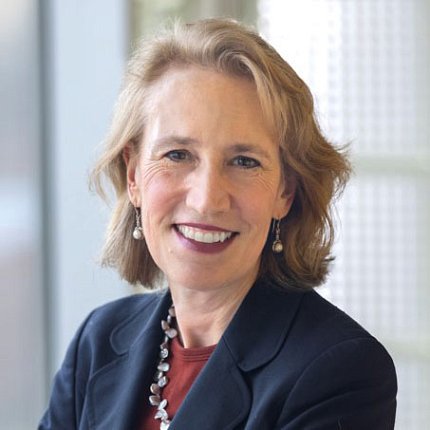
NCI Director Dr. Monica Bertagnolli, President Biden’s nominee to be NIH director, discussed the reenergized Cancer Moonshot and its goals. NIMH Deputy Director Dr. Shelli Avenevoli talked about research to address the country’s mental health crisis, which data suggests worsened during the pandemic, especially among young people.
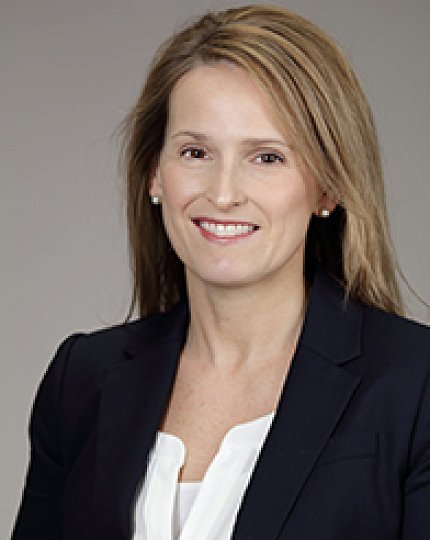
NHLBI Director Dr. Gary Gibbons briefed the ACD on the NIH RECOVER Initiative, which is coordinating research efforts against long Covid. RECOVER recently shared a first look at results of its adult cohort study. Some data suggest a disproportionate risk of developing respiratory complications by Black and Hispanic people who had Covid-19.
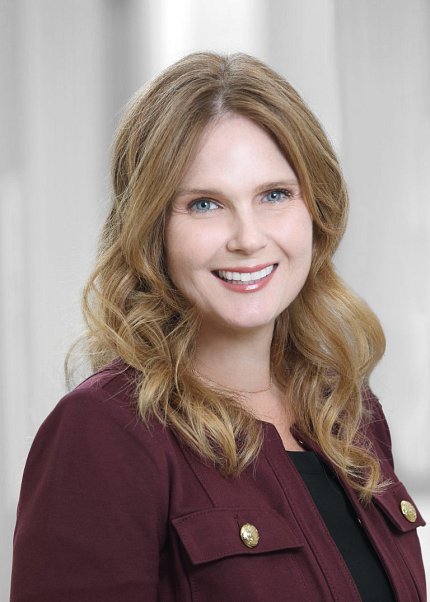
Following a White House directive released in December 2022 to ensure free, immediate and equitable access to federally funded research, NIH has developed a plan to remove the current one-year publication embargo on or by Dec. 31, 2025, to ensure these research products are publicly accessible as soon as possible after publication. Dr. Lyric Jorgenson, acting NIH associate director for science policy, presented on the plan to seek input on a draft policy going forward.
“Scientific advances are more likely to happen if the data are responsibly managed as they flow throughout the pipeline, rather than at discrete moments in time,” she said, describing the vision for an integrated ecosystem for research output.
Day one rounded out with Dr. Julie Gerberding, CEO of the Foundation for NIH, highlighting several areas for strategic collaboration.
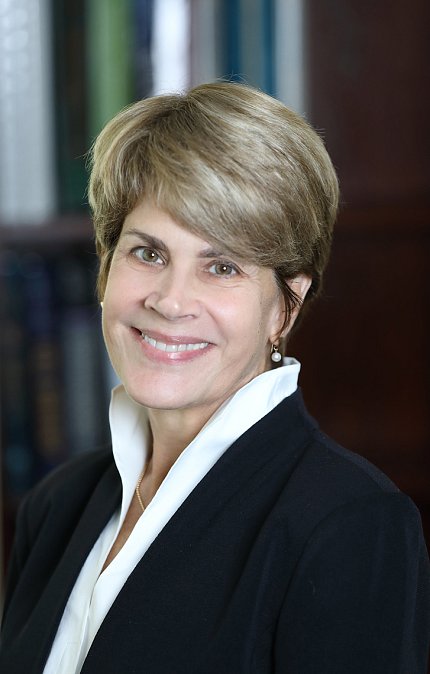
On the second day, the committee began by hearing several recommendations from a cross-NIH task force on enhancing clinical trial stewardship. About 40% of the agency’s annual budget supports clinical research; of NIH’s approximate $18 billion investment in clinical research, about $6 billion is devoted to clinical trials.
“Assuring the appropriate management, oversight and efficiency of the clinical trial enterprise is essential to the NIH mission,” said task force co-chair Dr. Debara Tucci, director of the National Institute of Deafness and Other Communication Disorders. “Our goal is to generate the best possible evidence to support public health and clinical care. This became even more apparent during the recent pandemic, which highlighted the need for further efficiency and inclusiveness in clinical trials.”
ACD member Dr. Alexa Kimball highly endorsed the task force’s work. “The resources required to do [clinical trials] well are enormous. Incomplete, under-powered, under-recruited studies not only are not a good use of those resources, but [also] actually put patients who participate at risk…because if we don’t get an answer, then they’ve participated for naught. The imperative for this is tremendous.”
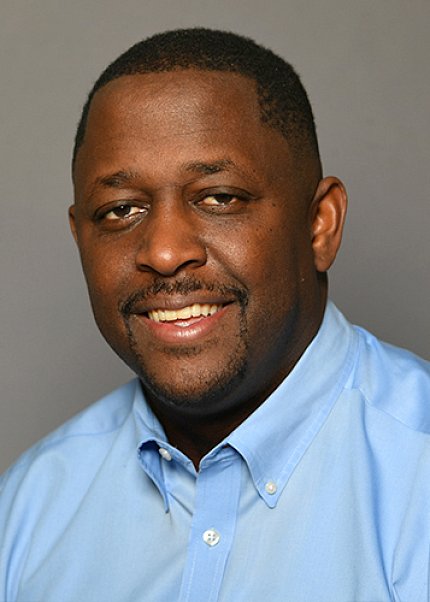
Day two’s deliberations also included an update on employee accessibility by Dr. Marie Bernard, NIH’s chief officer for scientific workforce diversity and a report from ACD member Dr. Garth Graham of Google/YouTube about requests received by the HeLa genome data access working group.
Another NIH-wide initiative, this one to address climate change and health, gave an initial report. Dr. Rick Woychik, director of the National Institute of Environmental Health Sciences, presented on behalf of an initiative that includes 140 members, seven institute and center directors and 25 ICs.
“The working group focused on developing a strategic framework,” said Woychik. “The goal was to establish a research agenda that would reduce health threats across the lifespan and build health resilience in individuals, communities and nations around the world—especially among those at highest risk and those impacted the most by climate change.”
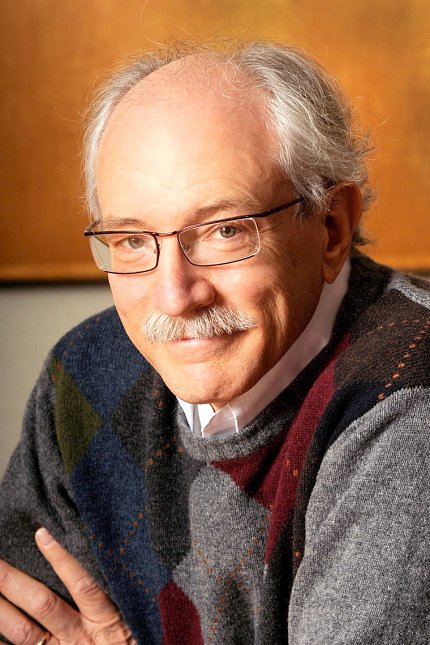
In November 2022, Tabak assembled an ACD working group to explore development and use of novel alternative methods (NAMs) to advance biomedical research. The group, co-chaired by ACD member Dr. Howard Chang of Stanford University and Jorgenson, examined the current landscape and highlighted opportunities and challenges. The group is currently seeking input on high-priority areas for which NIH investment could expand the use of NAMs as complementary models in biomedical research. Chang and Jorgenson reported on progress since the last ACD meeting in December.

Day two closed with a discussion on reenvisioning NIH-supported postdoctoral training and how the experience of postdoctoral scholars and other junior researchers can be enhanced in the short and long term. The ACD working group charged to investigate that landscape acknowledged the tall task set before it, noting that the issue involves scientists early in their careers who are feeling the effects of higher costs of living, work/life balance challenges and expanding research expectations, among other concerns.
NIH, in fact, had been the site of a demonstration on June 1 by dozens of trainee scientists pushing to unionize in hopes of securing higher pay, health insurance and other employee benefits. Numerous sources have reported a significant drop in postdoc applications nationwide and picket lines and demonstrations—larger and more comprehensive than the one at NIH—have been held at other institutions, including at the University of Washington and components of the University of California system.
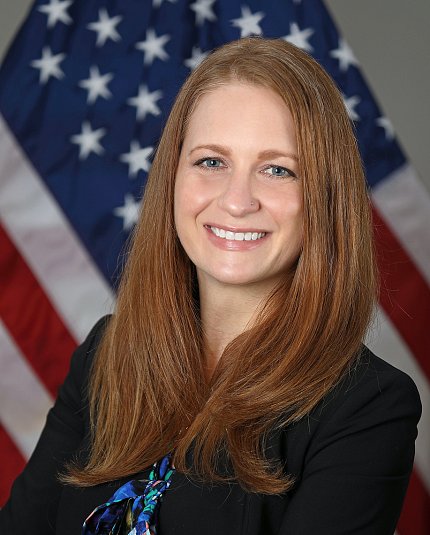
“Working group members are really passionate about this and recognize that they have been tasked to tackle a very large issue that’s systemic and has large consequences,” said working group co-chair Dr. Tara Schwetz, acting NIH principal deputy director. “Some of the changes we’re deliberating over may lead to fewer postdocs—not more—but hopefully what we will have at the end is a healthier system overall.”
Recordings of both days of the ACD are archived online; full reports and other documents from the session are publicly available at https://acd.od.nih.gov/meetings.html.
